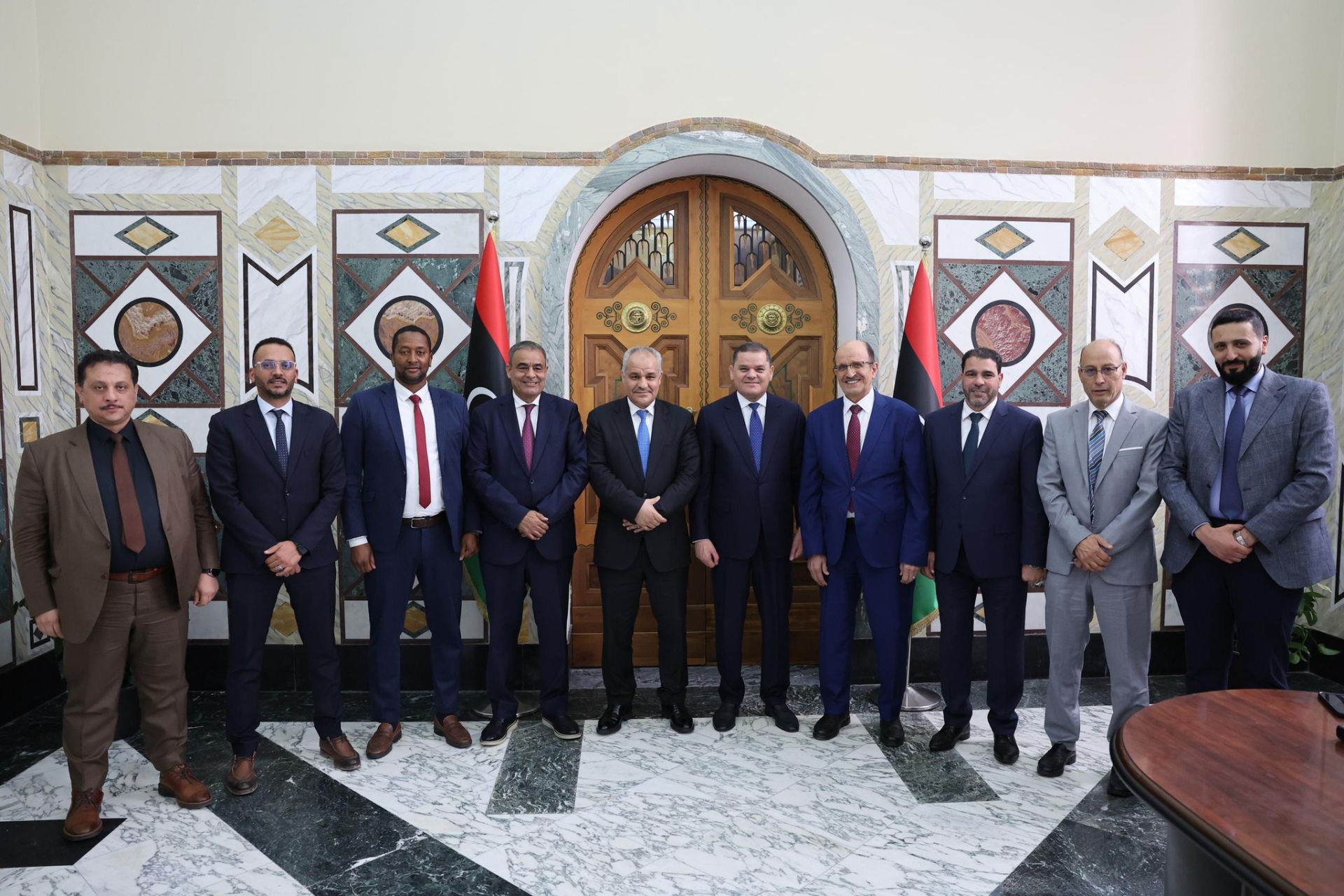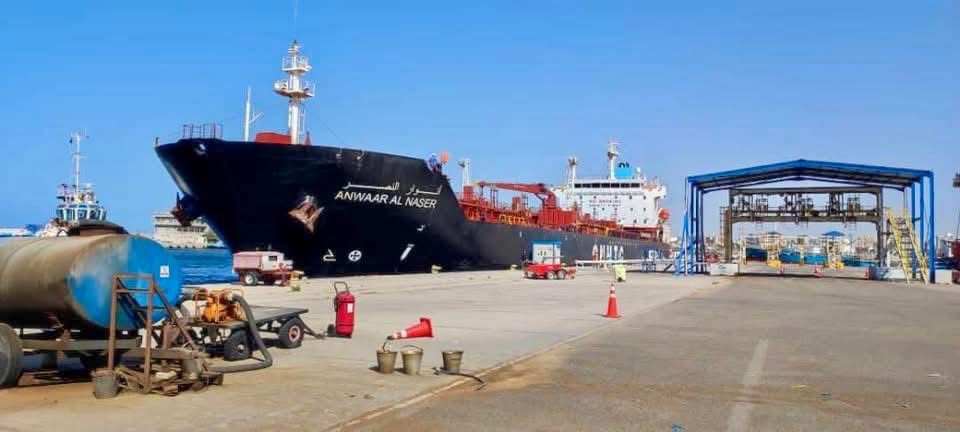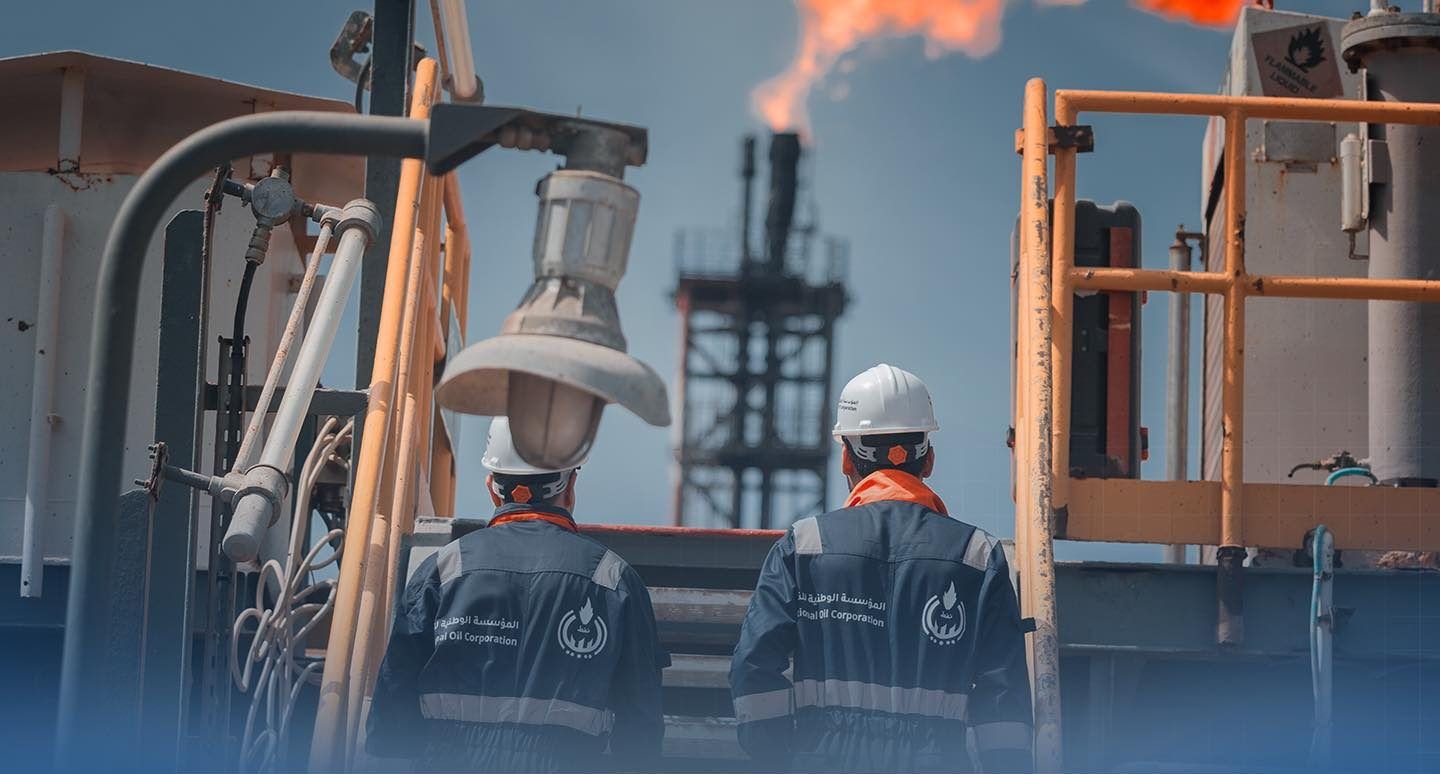
The GNU Prime Minister, Abdulhamid Dabaiba, has said that Libya is to end the “swaps” system under which oil is exported without payment to refineries abroad in return for deliveries of refined fuels.
The announcement came during his meeting with the governor of the Central Bank of Libya, Naji Issa, on 16 April at which the two discussed the level of public spending, its implications for the Libyan economy and the impact on the strength of the Libyan dinar.
According to the CBL’s financial statement for 2024, issued on 6 April, spending totalled LD 224 billion while revenue was LD 136 billion, creating an annual deficit of LD 88 billion. Just under half of that, LD 42 billion, was the net cost of the oil swapped for fuels, which is the way the fuel subsidy has been implemented in recent years. The scale of the expenditure and the deficit resulted in the CBL devaluing the dinar the same day from LD 4.48 to LD 5.56 to the US dollar
At the meeting with Issa, Dabaiba said that a new mechanism for importing fuel would be put into effect. However, the CBL statement did not spell out any details.
It did say, though, that Dabaiba urged all relevant authorities responsible for providing fuel to ensure an uninterrupted supply to the local market.
In January, it was reported that the acting head of the National Oil Corporation, Masoud Suleiman wanted the swaps system to end by March this year.
According to the statement, Naji Issa also reported an improvement in oil export revenues deposited in the Central Bank this week. He stressed the necessity of implementing a package of economic reforms aimed at improving the living standards of citizens.
During the meeting, held at the Central Bank’s headquarters in Tripoli, the two also discussed the impact of increased public spending on economy. Dabaiba praised the bank for its transparency in publishing data that showed the real volume of public spending, describing it as “an important step” towards financial reform. They agreed to develop a reform plan encompassing fiscal, trade and monetary policies which would also improve the state revenue.
Separately, Dabaiba and Issa agreed that public sector salaries for April had to start being paid next week.



